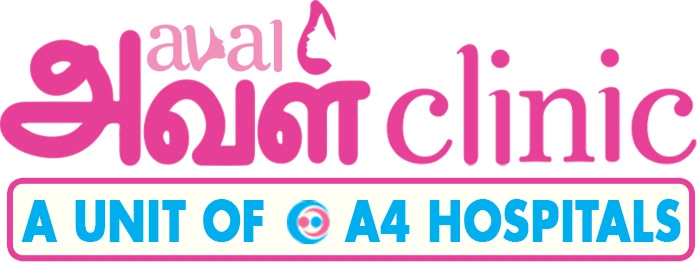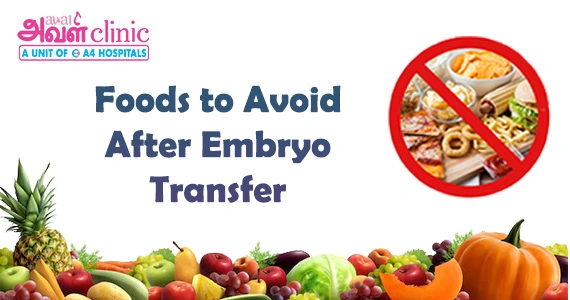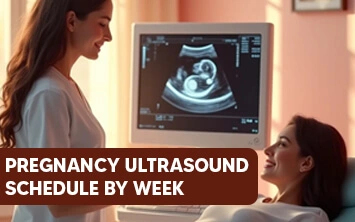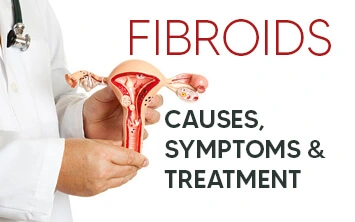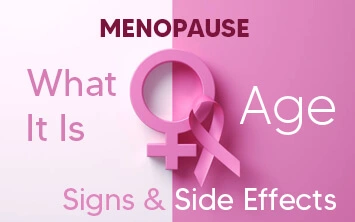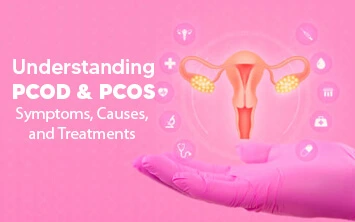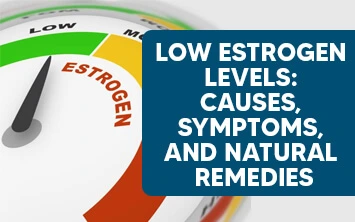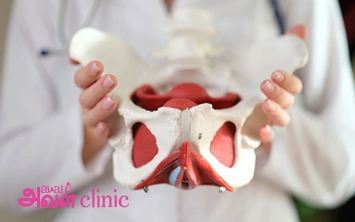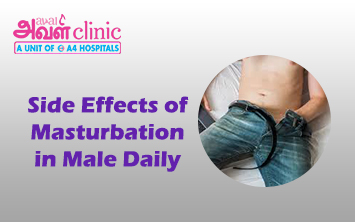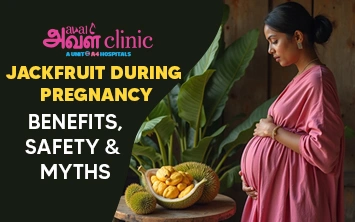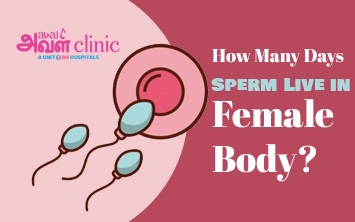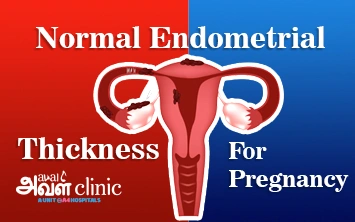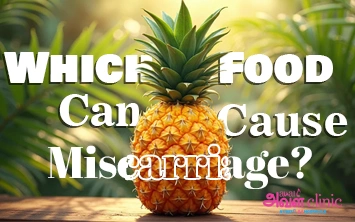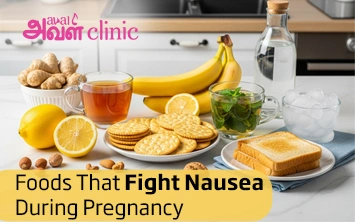Published on: June 04, 2025
Author: Admin
Starting an IVF journey is like planting a tiny seed of hope, and after an embryo transfer, you want to give that seed the best chance to grow. What you eat during this delicate time can make a big difference in helping your body support the embryo as it settles into your uterus.
Some foods can help create a nurturing environment, while others may cause issues such as inflammation, hormone imbalances, or digestive discomfort. This guide is your go-to resource for understanding which foods to avoid after embryo transfer, written in a warm, easy-to-read way to help you feel confident and supported.
Why Food Choices Matter After Embryo Transfer
After your embryo transfer, your body is working hard to help the embryo attach to the uterine lining - a process called implantation that usually happens 7-10 days later. Eating well supports your hormones, keeps inflammation low, and ensures good blood flow to the uterus, all of which are key for a healthy start. On the flip side, certain foods can throw things off by causing bloating, spiking blood sugar, or stressing your system. By skipping these foods, you're giving your embryo the best possible environment to thrive and grow into a healthy pregnancy.
10 Foods to Avoid After Embryo Transfer
Here's a clear, friendly list of foods to avoid after your embryo transfer, with simple reasons why they might not be the best for your body right now.
1. Fast Food and Packaged Snacks
Burgers, fries, chips, or store-bought snacks are often loaded with unhealthy fats, salt, and artificial ingredients. These can cause inflammation, which isn't ideal when your body is trying to support an embryo. They can also disrupt your blood sugar levels, which makes it more difficult for your hormones to remain stable. Choose fresh, home-cooked meals to nourish your body with real, wholesome ingredients.
2. Sugary Sweets and Drinks
Candy, pastries, sugary sodas, and sweetened lattes can cause rapid blood sugar spikes, potentially upsetting your hormonal balance and making implantation more difficult. Excess sugar can cause inflammation, putting stress on your body when it should be relaxed. Instead, try curbing your sweet cravings with naturally sweet choices like strawberries or a small square of dark chocolate.
3. Alcohol
Alcohol is something to completely avoid after embryo transfer. Even a small glass of wine can affect your hormone levels, increase the risk of complications, or harm the early stages of pregnancy. To keep your body in tip-top shape for your embryo, skip alcohol entirely during this time.
4. Raw or Undercooked Meats and Fish
Raw or undercooked foods like sushi, steak, or chicken can harbor bacteria like Salmonella and Listeria, which can result in food poisoning. This is risky during early pregnancy and might affect the embryo's ability to implant. Stick to fully cooked meats and fish to stay safe and keep your body strong.
5. High-Mercury Seafood
Fish like tuna, swordfish, or mackerel can have high levels of mercury, which isn't safe for a developing embryo. Mercury can affect the nervous system and pose risks to early pregnancy. Instead, go for low-mercury options like salmon or shrimp, which are packed with healthy fats that support your body.
6. Unpasteurized Dairy
Soft cheeses like brie, unpasteurized milk, or certain yogurts can carry Listeria, a bacteria that's dangerous during pregnancy. To avoid any risks, choose pasteurized dairy products like Greek yogurt or cheddar, which give you the protein and calcium you need without worry.
7. Too Much Caffeine
Drinking a lot of coffee, energy drinks, or strong tea can reduce blood flow to the uterus and might increase the chance of complications. Try to keep caffeine to a minimum - about one small cup of coffee or two cups of tea a day (around 200 mg). Herbal teas or decaf drinks are great alternatives to keep you hydrated and calm.
8. Deli Meats and Processed Meats
Hot dogs, salami, or deli slices often have high levels of salt, preservatives, and sometimes bacteria. These can cause inflammation or pose infection risks, which aren't great during this sensitive time. Opt for fresh proteins like grilled chicken, tofu, or eggs for a safer, healthier choice.
9. Certain Fruits That Cause Discomfort
While most fruits are amazing for you, some might cause bloating or digestive issues that could make you uncomfortable after embryo transfer. For example, fruits like watermelon or pears might lead to bloating for some people. Others, like pineapple or mango, might slightly raise body temperature, which could affect implantation. Check with your doctor to see which fruits are best for you.
10. Super Salty Foods
Canned soups, frozen pizzas, or salty snacks like pretzels can make your body hold onto water, which might raise your blood pressure or cause bloating. This can stress your system when you want to keep things calm. Use fresh herbs, spices, or a squeeze of lemon to add flavor, cutting back on salt.
Friendly Tip
Your body is unique, so it's a great idea to chat with your IVF doctor or a nutritionist. They can help you create a diet plan that's just right for you, making sure you're doing everything you can to support your embryo.
Foods to Enjoy for a Healthy IVF Journey
While you’re avoiding certain foods, fill your plate with nutrient-packed options to help your body and embryo thrive. Here are some ideas:
- Colorful Veggies and Fruits: Spinach, kale, blueberries, and avocados are full of vitamins, antioxidants, and folate to support a healthy uterus.
- Lean Proteins: Eggs, chicken, lentils, or tofu provide the building blocks for embryo growth.
- Whole Grains: Oats, brown rice, or quinoa give you steady energy and help keep your hormones balanced.
- Healthy Fats: Olive oil, almonds, chia seeds, or salmon offer omega-3s that reduce inflammation and support early pregnancy.
Extra Ways to Support Your IVF Success
Your diet is super important, but a few lifestyle tweaks can also help your body during this time:
- Drink Plenty of Water: Staying hydrated helps your body work smoothly and supports blood flow to the uterus.
- Keep Stress in Check: Try relaxing with deep breathing, gentle stretches, or a short walk to keep your mind and body calm.
- Skip Intense Workouts: Avoid intense workouts and focus on gentle activities like walking to prevent stressing your body.
- Follow Your Doctor’s Plan: Keep up with any medications, like progesterone, to support implantation.
Take Charge of Your IVF Journey
Ready to give your IVF journey the best possible start? Reach out to a fertility specialist or nutritionist who can create a custom diet plan just for you. Personalized advice can help you feel confident and empowered as you take this exciting step toward parenthood.
Conclusion
What you eat after an embryo transfer can set the stage for a healthy pregnancy. By skipping foods like fast food, sugary treats, alcohol, raw meats, high-mercury fish, and salty snacks, you’re helping your body create a welcoming home for your embryo. Pair this with nutritious foods, plenty of water, and a calm lifestyle to give your IVF journey the best chance of success. Always talk to your doctor or a nutritionist to make sure your diet fits your unique needs. Here’s to nourishing your body and your dreams of a growing family!
If you still have any concerns, having a consultation with experts at Aval Clinics is recommended. They can guide you with the most appropriate information based on your health history and preference.
Contact us today for expert advice and personalized care:
